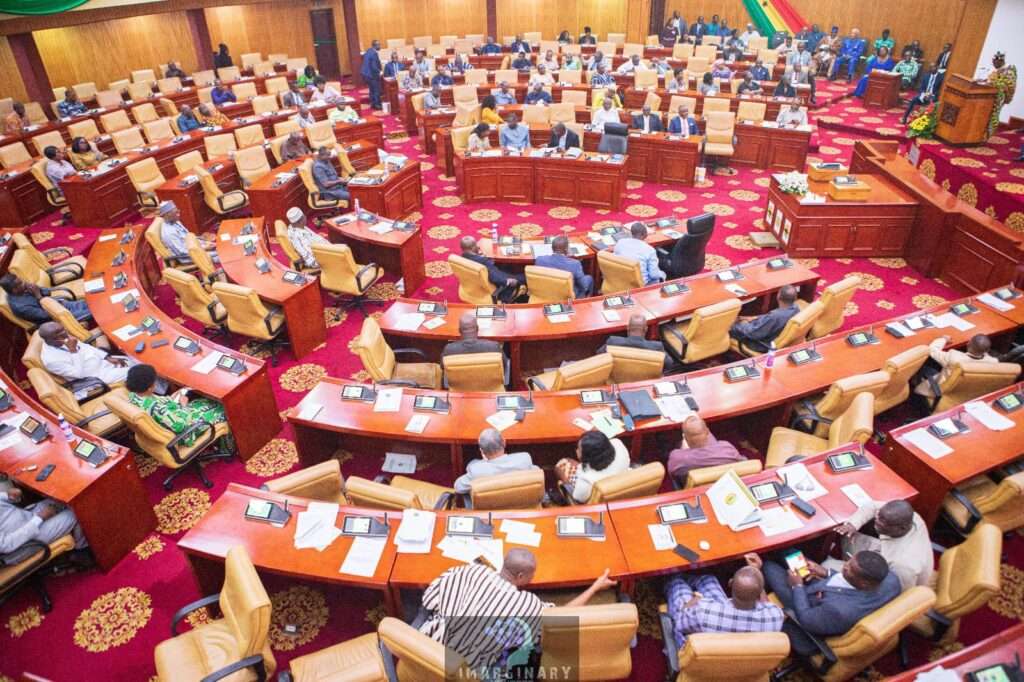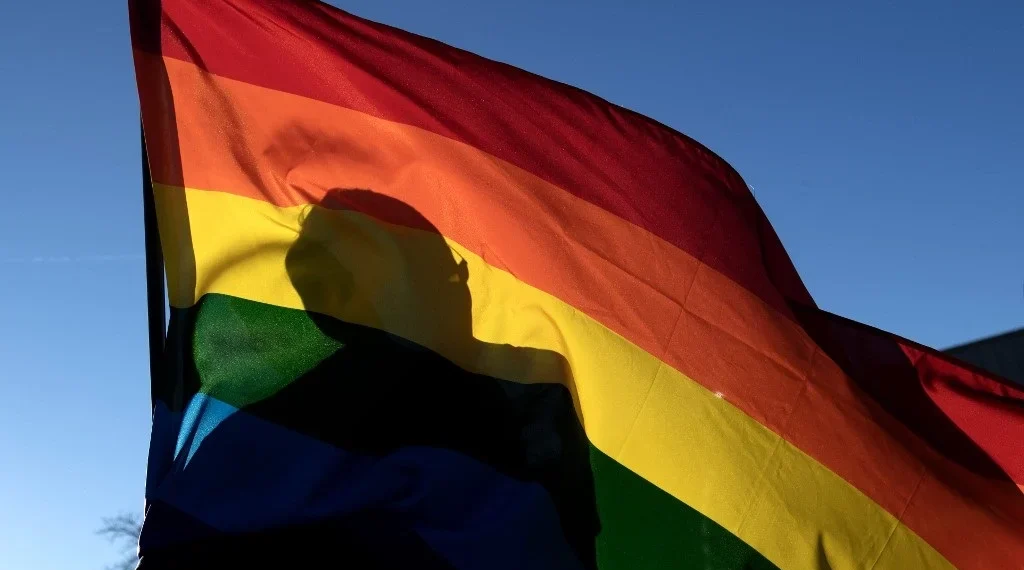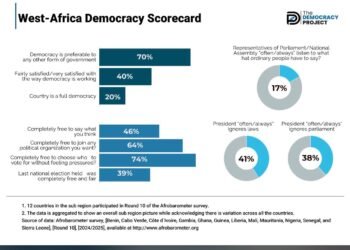Recently, the President’s actions regarding the anti-LGBTQ+ bill have called into question the authority of the 1992 Constitution. While some are of the view that the President’s actions are grossly unconstitutional, others on the other side of the ideological divide insist that the President’s actions are, in fact, in accordance with the Constitution.
While the Minority Caucus in Parliament did not make light of what it describes as the President’s disregard of the general will of Ghanaians, the Speaker of Parliament, Esq. Alban S.K Bagbin, indefinitely suspended business in Parliament until the President yields to the wills of Parliament; a decision well received by the Minority Caucus and scorned by the Majority Caucus.
Accordingly, the Speaker of Parliament argued that, the President’s decision to await the directive of the court to engage Parliament concerning the bill despite the nonexistence of an injunction serves as precedence on which Parliament’s business is suspended until the Supreme Court rules on the injunction process filed against the Speaker of Parliament by Hon. Rockson Dafeamekpor.
The issue of whether an application or motion for injunction automatically operates as an injunction has sharply divided legal specialists and practitioners, with each school of thought citing various principles of law in support of its stance.
“Any conduct which tends to bring the authority and administration of the law into disrespect or to interfere with any pending litigation is contempt of court. Once the respondent became aware of the pendency of the motion before the High Court, any conduct on their part which was likely to prejudice a fair hearing of that motion or interfere with the due administration of justice amounted to contempt of court”
Republic v. Moffat and Others; Ex Parte Allotey
Taking this argument into perspective therefore one can argue that the President by his decision to await the directive of the Supreme Court, is abiding by the law and so is the Speaker of Parliament. It is important to note that while an application for an injunction is not an injunction, it is only reasonable to await the court’s decision to avoid further complications that could arise otherwise.
The President, however, is a victim of his own action as by assenting to the E-levy bill despite an application for an injunction against the bill in 2022; he had set precedence that applications for injunctions do not serve as injunctions, an argument minority and some portion of the general use to discredit the intention of the President concerning the bill.
The Inevitable Consequences

Accordingly, the boycott of Parliament by the Minority Caucus and the Speaker of Parliament though it serves as an instrument of Checks and Balances to curb the President’s power of interpreting the law as and how he (the President) sees fit, has its consequences.
The indefinite suspension of Parliament not only brings to a halt the vetting and consideration of ministerial nominees of the President – which seems to be the bargaining chip – but also puts a hold on other issues of importance such as the approval of a US$ 150 million loan for budget support which is currently before the Parliament.
What the suspension means is that all Ministers, Deputy Ministers, and Ministers of State Designate nominees yet to be vetted and approved by the appropriate committees of Parliament will be incapacitated to work, effectively slowing the progress in the various Ministries involved.
One could say the decision of Parliament is close to a complete shutdown of the government and some of its affiliated institutions.
“But again, since this is a chamber where we do public business, we [the Majority Caucus] believe that we need to reflect on this issues and sit together as stakeholders in politics to get things done… is it the case that they [the Minority] are in support of this action [suspension of parliament] to obstruct government business… We have Ministers who are supposed to manage ministries, to conduct public business for the benefit of the people of Ghana waiting to be vetted’.
Hon. Alexander Afenyo-Markin
The suspension of Parliament also hampers the ability to pass legislation, engage in debates, and hold the government accountable. With the history of the incumbent government conducting business without the approval of Parliament, it is worrying the number of anomalies likely to occur in the operation of the government without Parliament to scrutinize and approve.
The situation creates a free highway for the government to conduct its business without Checks from Parliament; it creates a viable excuse to make exorbitant expenditures and present expenditure documents for retrospective approvals, which is bad news for the country’s finances.
Conclusively, while the Presidency and the Parliament continue their enmity toward each other, the Ghanaian public does not stand to gain much from it. The action of Parliament will only further delay the signing of the anti-LGBTQ+ bill which perhaps, is the President’s ultimate goal.
READ ALSO: GRA Harasses Taxpayers – Bawumia























